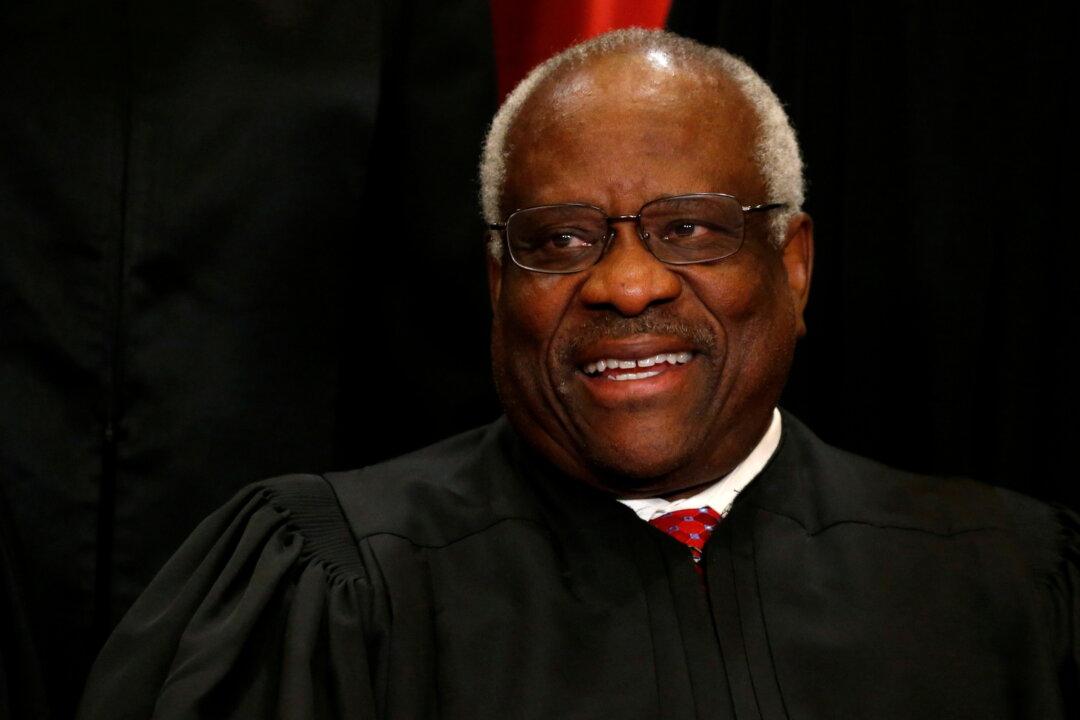A U.S. Border Patrol agent in Washington state cannot be personally sued in the federal court system for damages resulting from a claim of illegal retaliation and excessive force made by a private citizen, the Supreme Court ruled in a unanimous decision on June 8.
The Biden administration argued that the threat of liability would interfere with Border Patrol agents doing their jobs. The Supreme Court agreed, overturning a decision of the often-reversed U.S. Court of Appeals for the 9th Circuit that had allowed the lawsuit to move forward.





